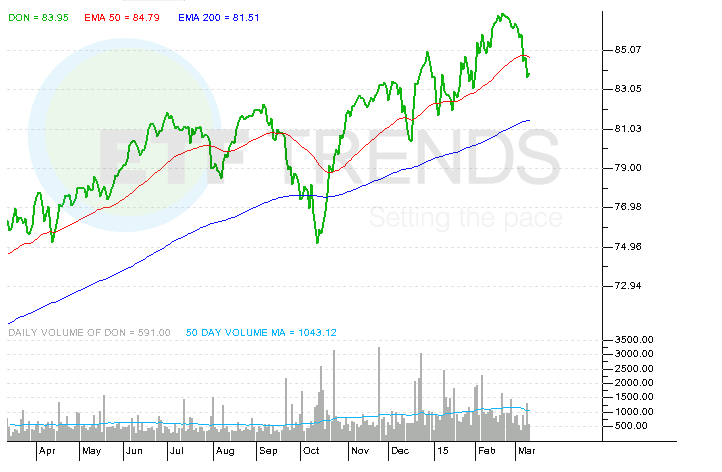A CurrencyHedged ETF for Pure Japanese Equity Exposure
Post on: 16 Март, 2015 No Comment

Current Affairs News:
After Japan revealed a weakening economy, observers are anticipating further stimulus to help right the market. In the meantime, investors who want to capitalize on any further expansionary policies should consider a equity-hedged exchange traded fund to diminish any negative effects of a depreciating yen.
On the upcoming webcast, Is Your Japan ETF Positioned to Benefit from Japans Recent Shift? . Dan Brehon, Director of FX Strategy at Deutsche Bank, Ron Saba, Senior Managing Director of Investment Management at Horizon Investments, and Lance Allen, ETF Regional Vice President at Deutsche Asset & Wealth management, explain how currency protection could help investors gain pure Japanese equity exposure and capture a recovering market without currency risks.
For instance, thee Deutsche X-trackers MSCI Japan Hedged Equity ETF (NYSEArca: DBJP ) tries to reflect the performance of the MSCI Japan U.S. Dollar Hedged Index, which mitigates the exposure to fluctuations between the value of the U.S. dollar and Japanese yen. Consequently, DBJP could outperform a non-hedged Japan equity fund if the yen continues to depreciate against the USD. [Japan ETFs Find Double Support From BOJ, Pension Fund ]
So far this year, the Japanese yen has depreciated about 10% against the U.S. dollar. Meanwhile, the MSCI Japan Index declined about 3.9% year-to-date, whereas DBJP rose 5.5%.
When investing in overseas assets, investors will be exposed to currency risks. If the foreign currency depreciates against the greenback, any gains will be lower when converted back into USD-denominated returns. DBJPs currency hedge helps diminish the negative effects of a depreciating foreign currency, or stronger U.S. dollar, and provides a more pure exposure to shifts in the Japanese equities market.
Many of Japan’s largest companies are exporters, and historically, these companies have tended to perform better in a falling yen environment, according to Morningstar analyst Patricia Oey. As a result, over the last two decades, the MSCI Japan 100% Hedged Index USD (which reflects the costs of employing a hedge) outperformed the MSCI Japan Index USD during 62% of the unique rolling three-year periods over this span.
Japanese equities strengthened while the yen continued to weaken against the greenback Tuesday after Japanese Prime Minister Shinzo Abe called for an early election to provide a fresh mandate for his economic policies and postpone another sales tax hike. Abe will dissolve the lower house Friday for an election expected on Dec. 14, Reuters reports.
Financial advisors who are interested in learning more about a Japanese hedged-equity strategy can register for the Wednesday, November 19 webcast here .
The opinions and forecasts expressed herein are solely those of Tom Lydon, and may not actually come to pass. Information on this site should not be used or construed as an offer to sell, a solicitation of an offer to buy, or a recommendation for any product.














